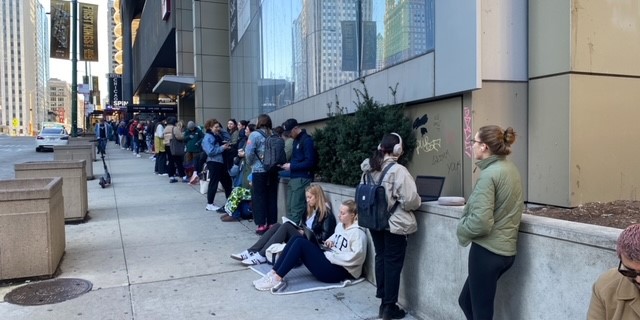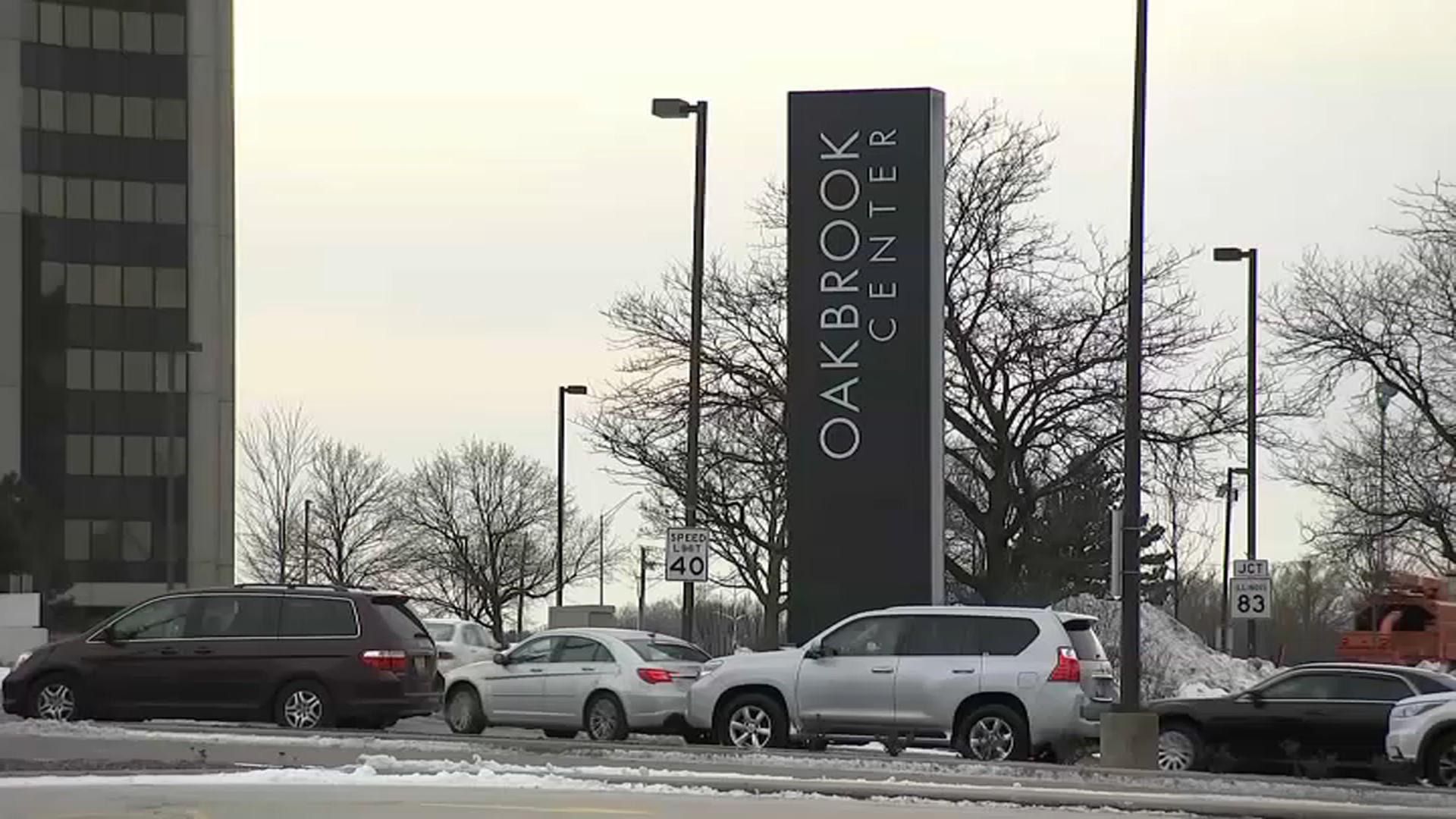Chicago hit a major milestone Tuesday in the fight against the coronavirus pandemic, according to health officials, reporting less than 100 average daily COVID-19 cases.
Chicago Department of Public Health Commissioner Dr. Allison Arwady said during a Facebook Live that COVID metrics are looking "really good" as the city prepares to move into Phase 5 of its reopening plan Friday.
"We have fewer than 100 new cases per day in Chicago, on average -- really exciting. That's the lowest that we've been all the way back to the beginning of the pandemic back in March, and you can see here 91 cases per day is down 42% from a week ago," Arwady said.
She called the downturn in cases an "exponential decay" after what had been a steady upward trajectory in COVID data prior to the release of vaccines.
Feeling out of the loop? We'll catch you up on the Chicago news you need to know. Sign up for the weekly Chicago Catch-Up newsletter here.
"When an outbreak is growing really quickly you get this exponential increase at the beginning, but then when an outbreak is coming under control, you'll see this exponential decay because as fewer people get infected, fewer people spread it," Arwady said. "You can actually see that drop off pretty significantly."
As of Tuesday in Chicago, approximately three people out of 100,000 are being diagnosed with COVID each day, according to Arwady, which she called "very good control."
Based on the latest data, COVID hospitalizations are on average 12 per day and related deaths are at four per day in Chicago. City health officials are administering about 7,900 vaccinations per day and 7,500 tests.
Local
Chicago's top doctor also noted that the city's positivity rate is at 1.6%, which is the lowest since the initial outbreak of COVID.
Though coronavirus metrics are on the decline, health officials expressed cold and flu cases could see a surge as the state opens back up and protective mitigations loosen.
"We have seen many, many fewer other viral infections throughout this whole time," Arwady said. "We've seen children be much much less likely to get a lot of the typical viral infections that they get. And so I think in general, as people do stop wearing masks, perhaps stop being so careful about hand washing, we probably will see some of the other viruses for which we do not vaccinate, that... don't put people in the hospital and don't significantly cause that, we may see increases of that. And it's certainly something that that we'll be paying attention to."
Dr. Mark Loafman, chair of family and community medicine for Cook County Health, told NBC Chicago "we absolutely do" anticipate an increase in colds, flu and other illnesses going forward.
"I think we'll expect to see more colds," Loafman said. "For the summer colds, you know, people get on average two to three a year, children even more. And we all know that that has not happened over this past year. Many people report not having had a single cold for the past year or so. So, we expect to get back to that two or three a year as we begin to open up. Hopefully, if people are maintaining some precautions, some of the public health measures, it may not be two to three and maybe less."



